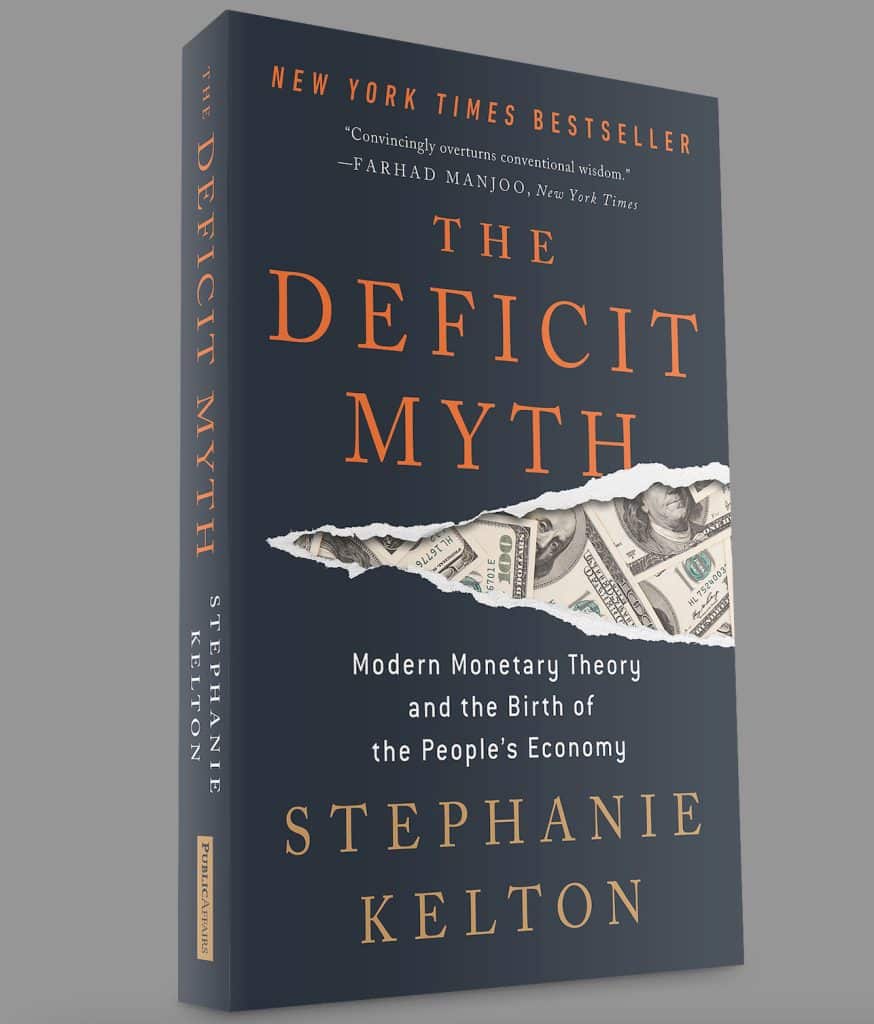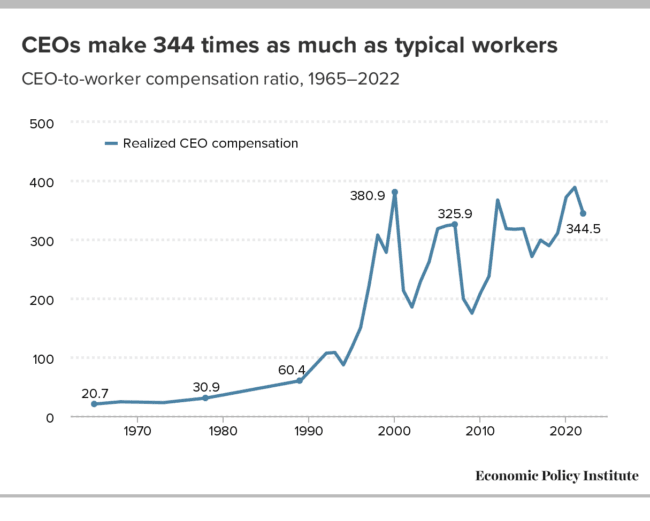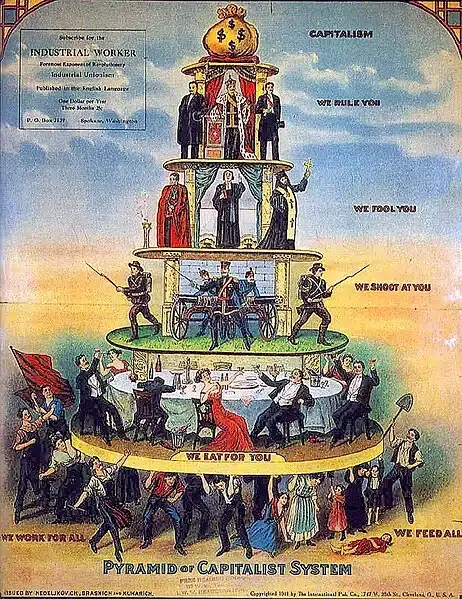Many Americans today worry that our nation is losing its national identity. Some claim loudly that the core of that identity requires better policing of our borders and preventing other races or religions or ethnicities from supplanting white Christian America.
But that is not what defines our national identity. It’s the ideals we share, the good we hold in common.
That common good is a set of shared commitments. To the rule of law. To democracy. To tolerance of our differences. To equal rights and equal opportunities for everyone. To upholding the truth.
We cannot have a functioning society without these shared commitments. Without a shared sense of common good, there can be no “we” to begin with.
If we’re losing our national identity, it is because we are losing our sense of the common good. That is what must be restored.
Some of you may feel such a quest to be hopeless. Well, I disagree.
Almost every day, I witness or hear of the compassion and generosity of ordinary Americans. Their actions rarely make headlines, but they constitute much of our daily life together.
The moral fiber of our society has been weakened but it has not been destroyed.
We can recover the rule of law and preserve our democratic institutions by taking a more active role in our democracy.
We can fight against all forms of bigotry. We can strengthen the bonds that connect us to one another.
We can protect the truth by using facts and logic to combat lies.
Together, we can rebuild a public morality that strengthens our democracy, makes our economy work for everyone, and revives trust in the institutions of the nation
America is not made great by whom we exclude but by the ideals we uphold together.
We’ve never been a perfect union. Our finest moments have been when we have sought to live up to those shared ideals.
I hope you’ll join me in carrying forward the fight for the common good.
You might start by sharing this video with your friends and loved ones.


